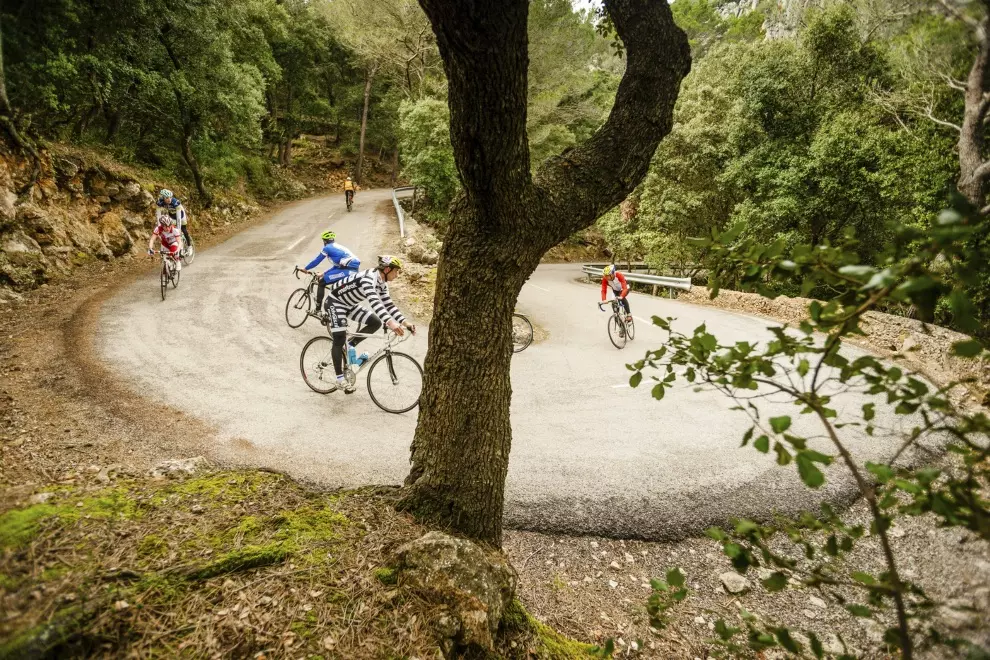What are natural sugars?
People may have different opinions on what makes a source of sugar natural and what counts as processing. Unfortunately, even large institutions aren’t very clear. For example, The European Food Safety Authority (EFSA) has no definition for the term natural sugar. Instead, they work with the terms of free sugar and added sugar. They do have the word “natural” in their categorisation, though. EFSA divides total sugars into two main categories.
- Sugars naturally present in milk, fruits, and vegetables
- Free sugars
Free sugars are then further sub-divided into two groups.
- Free sugars naturally present in honey, fruit juices, and vegetable juices
- Added sugars such as white sugar, high-fructose corn syrup and other refined forms of sugar
Based on this definition, we can say that natural sugars are those found in honey, milk, fruits, vegetables, and juices made from those. Then there are foods such as maple syrup, agave nectar or panela which are sort of up for debate. They are produced by traditional methods including boiling or drying and there are no chemical changes to the sugar molecules they contain. Some would call these natural sugars, others may not.
In contrast, there are white sugar or high-fructose corn syrup, which require significant industrial processing and are almost entirely devoid of any nutrients apart from the sugar molecules themselves. So, let’s take a look at how the natural sugars compare to these.
Agave nectar
Agave nectar is high in fructose and low in glucose. This means it has a low glycaemic index, which is seen as a benefit by some. But it still contains as many calories as other similar sources of sugar. It lacks vitamins, minerals, and fibre.
Maple syrup
Maple syrup contains a mix of sucrose, glucose, and fructose, providing a moderate number of calories compared to other sugar sources. It also contains some manganese and zinc in very small quantities.
Honey

Honey comprises fructose and glucose with smaller amounts of sucrose. Honey offers very small amounts of vitamins and minerals, including vitamin C, potassium, and iron.
White and brown sugar
White sugar primarily consists of sucrose and contains no other nutrients due to industrial processing. Brown sugar is a combination of white sugar with treacle (molasses), which gives it a distinct flavour as well as small amounts of minerals like calcium, iron, and potassium. Some consider brown sugar a healthier option as a result of this. However, the amount of brown sugar you would need to consume to obtain meaningful quantities of nutrients is extremely high and would exceed any recommendation. Therefore, the health benefits of brown over white are only theoretical.
Oranges and orange juice
Even though oranges and orange juice are both natural sugar sources, they differ. An orange contains sugar but it is embedded in fibre and comes with many nutrients, including vitamin C. Orange juice, on the other hand, contains zero or very little fibre which means the sugar is liberated and quicker to absorb. It also contains fewer vitamins and minerals lost in the processing. So, oranges will most likely be a more nutritious option than an equivalent number of oranges juiced. Plus, it’s much easier to drink too much orange juice than eat too many oranges.
How quickly do these sugar sources absorb?
The presence of fibre and other nutrients has an impact on how your body handles a given source of sugar. Just like the fibre in oranges will make it a bit slower to get the fructose out of it, the fat in milk will also make the lactose slower to absorb. But when it comes to free sugars, your body handles the individual sugar molecules, glucose, fructose, and sucrose, in the same way. So, there is no difference between white sugar, brown sugar, honey, maple syrup, and agave nectar in this regard.
Which type of sugar is healthier?
Free sugars contain a lot of calories that are quickly and easily absorbed while their vitamin and mineral content is negligible. This makes them ideal as fuel during cycling and other physical activity. But in the context of regular diet, they should be limited to below 10% of total calorie intake. The health benefits of natural sources of sugars, such as agave nectar, honey or maple syrup are often exaggerated. Choosing less processed sources of sugar such as fruits, vegetables or milk is much better for a regular diet as they will improve fibre intake as well as add notable amounts of vitamins and minerals.








